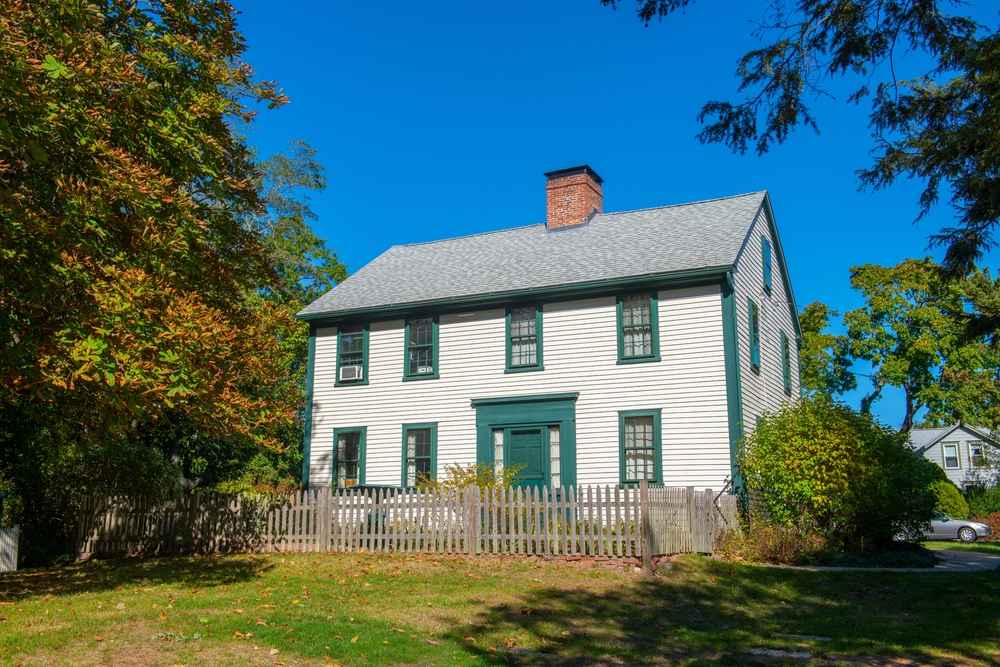Buying a home in Rhode Island is a significant achievement for anyone. After years of diligent spending and investing, you may be able to purchase your own house.
Or, at the least, that is what you may have believed. It’s when you begin the process of purchasing a property that you discover you may be short on finances. Before you make any arrangements to buy a property, you should first understand all the costs involved.
1- Price Of Property
The first number to include in the cost of purchasing a new house is the property’s stated price. Keep in mind that the quoted price for most houses is not regularly set. You and your agent can haggle with the owner to secure your new house at a lower price.
This is the stage of the home-buying process when you will require the assistance of a real estate agent. Make use of their experience to assist you in determining the appropriate pricing point. Work with them to raise the listing price without offending the seller. Your agent can advise you on when you should begin completing the purchase.
2- Down Payment
If you used a traditional loan to acquire your property, you must make a down payment to complete the transaction. Some lenders will demand you to pay around 20% of the advertised amount. Others will demand a far lower down payment. Search around for loans till you locate the greatest price for you.
Your credit score determines the amount of down payment required. Buyers with credit scores ranging from 500 to 579 might qualify for an FHA loan provided they agree to make a 10% down payment.
3- Rate Of Interest For Buying A Home In Rhode Island
If you need a loan to finalize your house purchase, you need to think about the interest rates as well. Before you sign anything, make sure to check the interest rate on your loan. The low down payment may appear to be a wonderful deal, but the lender may seek to return their investment and some by paying you a hefty interest rate.
Mortgage interest rates have fallen as a result of the epidemic, but this may change fast. If you begin the buying process today, you may not have enough time to take advantage of the cheap loan rates.
Lenders ask borrowers to acquire mortgage insurance to protect themselves from severe losses. If you took out a traditional loan and your house deposit was less than 20% of the quoted price, you must acquire private mortgage insurance.
Mortgage insurance is not only required just for people who took out conventional loans. It’s needed for those who took out non-traditional loans. Even, if you have an FHA or USDA loan, you may have to pay for this. In such instances, rather than paying for private mortgage insurance, you will be spending on a mortgage insurance premium.
4- Property Taxes
You must add property taxes when determining the costs of purchasing a home. This is significant if you are purchasing a house in Rhode Island. The state of Rhode Island has one of the highest property tax rates in the country. Your actual property tax rate should be around 1.53 per cent on average. Factors such as your property’s assessed value and location might trigger that tax rate to vary.
Although paying higher taxes is not something you are looking forward to, it won’t be a headache. Most lenders will incorporate your property tax payments in your monthly mortgage payment. You don’t have to worry about skipping tax payments as long as you pay your mortgage on time. Lenders collect land tax payments in this manner to protect themselves if they fail to pay their loans.
5- Closing Costs For Buying A Home In Rhode Island
You must pay closing costs to finish the home-buying process. Closing expenses include a variety of fees that are distributed to various associations. Closing costs include appraisal expenses. You pay an appraisal fee to a professional appraiser, who will determine the worth of the property you are buying. Before accepting a loan, lenders ask purchasers to pay for an appraisal.
In addition to the appraisal fees, you may have to pay inspection fees. As a condition of lending you money, your lender may compel you to hire a house inspection.
6- Moving Costs
The last thing you want is to buy a house only to discover later that you don’t have the money to transfer your belongings in. You may find yourself paying payments for two residences until you have enough money to relocate.
Moving costs may be quite low if you are relocating within the same state. If you have friends and family members helping you move, you may be able to keep your moving costs closer to $1,000. It will be more expensive to relocate to a new state. Expect the total cost of moving into your new house to be closer to $6,000.
Buying A Home In Rhode Island With Regentology
Regentology is a platform that connects buyers and sellers with the right real estate professionals. We simplify buying a house for you by removing the complexity. Regentology will assist you in buying a home in Rhode Island that meets your budgetary requirements. We’ll put you in touch with the best local professionals that can assist you throughout the process. To receive a free consultation, simply fill in the form.


